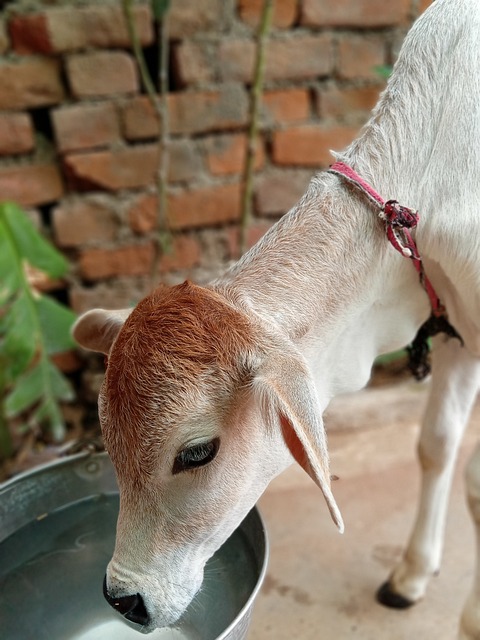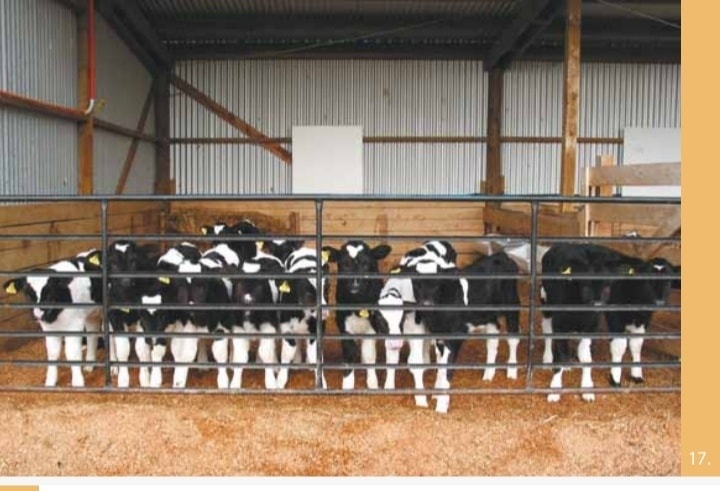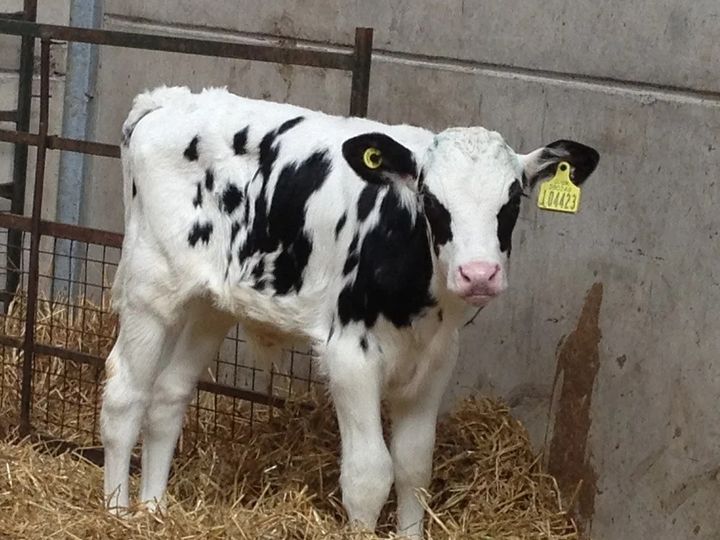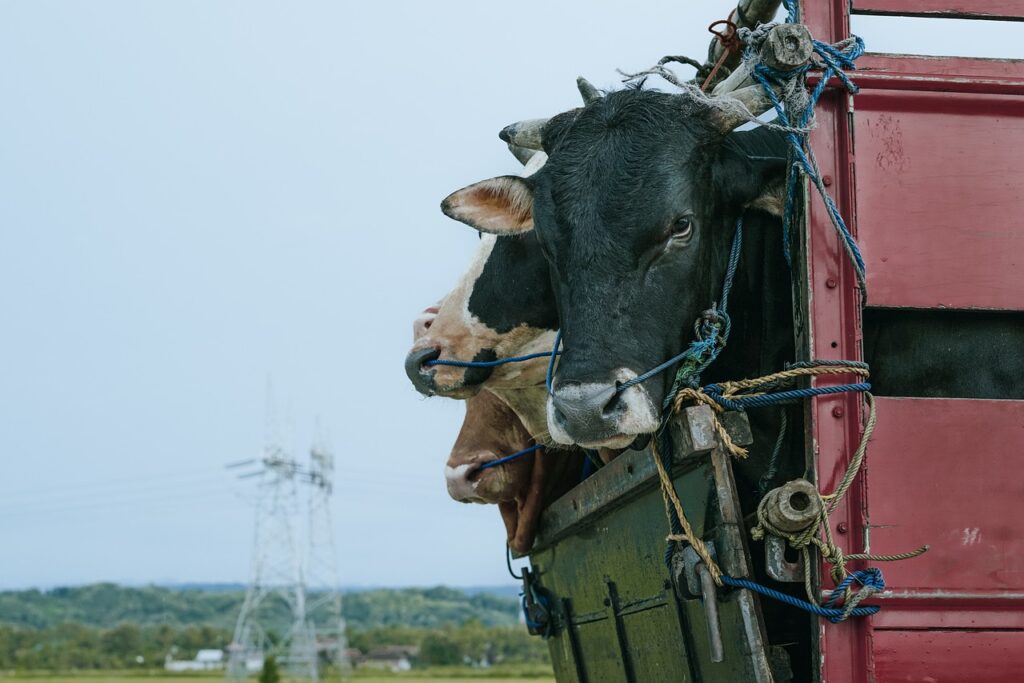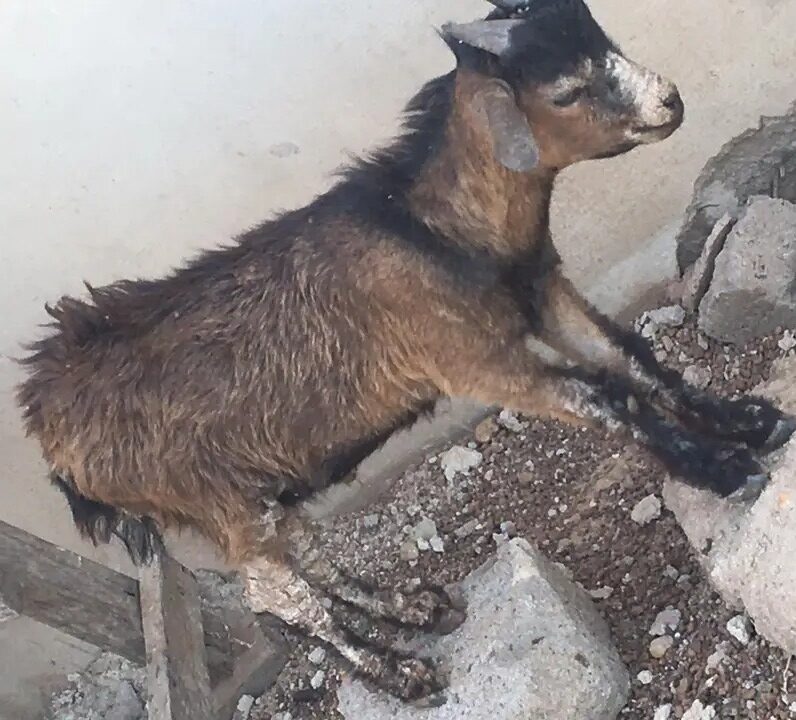Water intoxication is a condition that occurs when farm animals, particularly calves, consume excessive quantities of water. This typically happens when animals are extremely thirsty due to dehydration caused by high temperatures, physical exertion, or restricted water access. Recognizing and managing this condition is crucial to maintaining the health and productivity of your livestock.
What is Water Intoxication?
Water intoxication refers to the overconsumption of water, leading to an imbalance in the body’s electrolytes and causing various health complications. Calves are the most commonly affected, though adult cattle can also suffer under certain conditions.
Predisposing Factors
Several factors make animals, especially calves, more susceptible to water intoxication:
- Young Calves: Bucket-fed calves often drink excessive water if presented in the same manner as milk, leading to overconsumption beyond satiety.
- High Rumen Capacity: Calves’ rumens can hold large volumes of water relative to their body size.
- Dehydration: Conditions like diarrhea, fever, or environmental heat can increase thirst and water consumption.
- Delayed Diuresis: Calves in an oliguric state (reduced urine production) are at higher risk as their bodies fail to excrete excess water effectively.
- Dietary Imbalance: Failure to provide adequate water and salts from an early age predisposes calves to water intoxication.
- Adult Cattle: Dehydration due to prolonged water deprivation, often in beef herds raised on rangelands, makes adult cattle vulnerable when water is suddenly available in excess.
Symptoms of Water Intoxication
Water intoxication manifests through various clinical signs:
- Haemoglobinuria: Affected animals may void dark, ‘bloody’ urine.
- Nervous System Symptoms: These include hyperaesthesia (heightened sensitivity), muscular tremors, nystagmus (involuntary eye movements), and lethargy.
- Mild Cases: Animals may recover within 3–4 days with minimal intervention.
In severe cases, the condition can lead to significant health deterioration and even death.
Prevention and Management
To prevent water intoxication:
- Provide animals with consistent access to water to avoid dehydration.
- Gradually reintroduce water to animals after prolonged restriction, limiting initial consumption.
- Ensure calves have access to both water and salts from as early as two weeks of age.
- Monitor animals closely during periods of high environmental temperatures or after exercise.
Conclusion
Water intoxication is a preventable condition that can severely impact farm animals if not managed properly. By understanding the causes, symptoms, and preventive measures, farmers can protect their livestock and ensure their herds remain healthy and productive.

